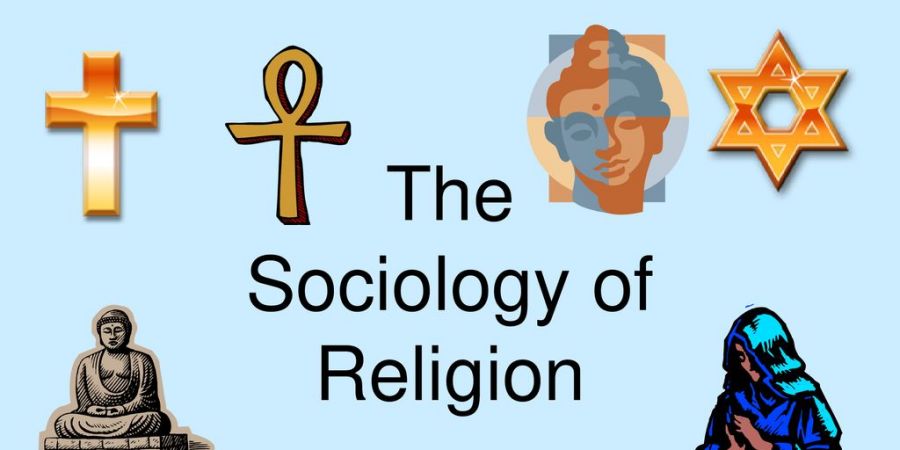

The Religious persecution is one of the most alarming social issues in the United States and globally. In terms of its relation to social work, this problem stresses the crucial role of tolerance, inclusivity, and diversity, which are all some of the most important ethical principles of social work. Thus, social workers worldwide have the responsibility to promote religious liberty. Religious persecution is defined as “the systematic hostility or ill-treatment encountered by an individual or group because of their religious beliefs” (Joint Public Issues Team, 2021, para. 2).
Manifestations of religious discrimination can take different forms, including the denial of services and basic human rights, bullying, or deportation. One of the most violent manifestations of the issue is physical violence targeted at followers of a specific religion. For instance, the Holocaust can be partially considered one of the most large-scale religious persecution tragedies in the world.
Why do sociologists study religion? For centuries, humankind has sought to understand and explain the “meaning of life.” Many philosophers believe this contemplation and the desire to understand our place in the universe are what differentiate humankind from other species. Religion, in one form or another, has been found in all human societies since human societies first appeared. Archaeological digs have revealed ancient ritual objects, ceremonial burial sites, and other religious artifacts. Much social conflict and even wars have resulted from religious disputes. To understand a culture, sociologists must study its religion.
In studying religion, sociologists distinguish between what they term the experience, beliefs, and rituals of a religion. Religious experience refers to the conviction or sensation that one is connected to “the divine.” This type of communion might be experienced when people are praying or meditating. Religious beliefs are specific ideas that members of a particular faith hold to be true, such as that Jesus Christ was the son of God, or believing in reincarnation. Another illustration of religious beliefs is that different religions adhere to certain stories of world creation. Religious rituals are behavior's or practices that are either required or expected of the members of a particular group, such as bar mitzvah or confession (Barman and Greenwood 2003).
The policy area the issue of religious persecution can be referred to are culture and society, and, particularly, civil rights. The chosen policy is the International Religious Freedom Act of 1998.The policy is regulated by the federal statute as this Act puts three entities in charge of monitoring religious discrimination, including the Department of State, a bipartisan commission, as well as the National Security Council (Graver, 2018). Thus, the International Religious Freedom Act of 1998 makes the President and other governmental branches to take into consideration the issues facing religious groups while constructing foreign policy. The Act has created the Office of International Religious Freedom. In addition, it has identified the composition and structure of the Annual Report on International Religious Freedom.
